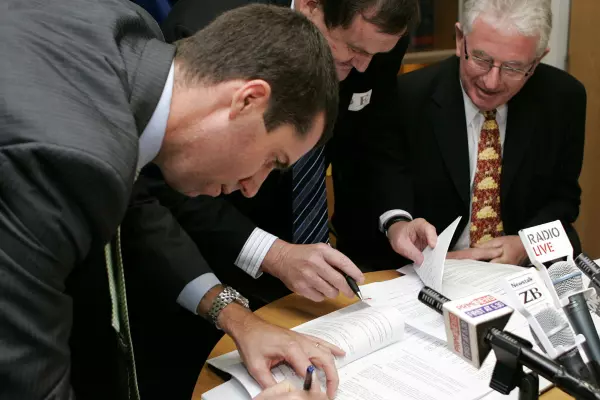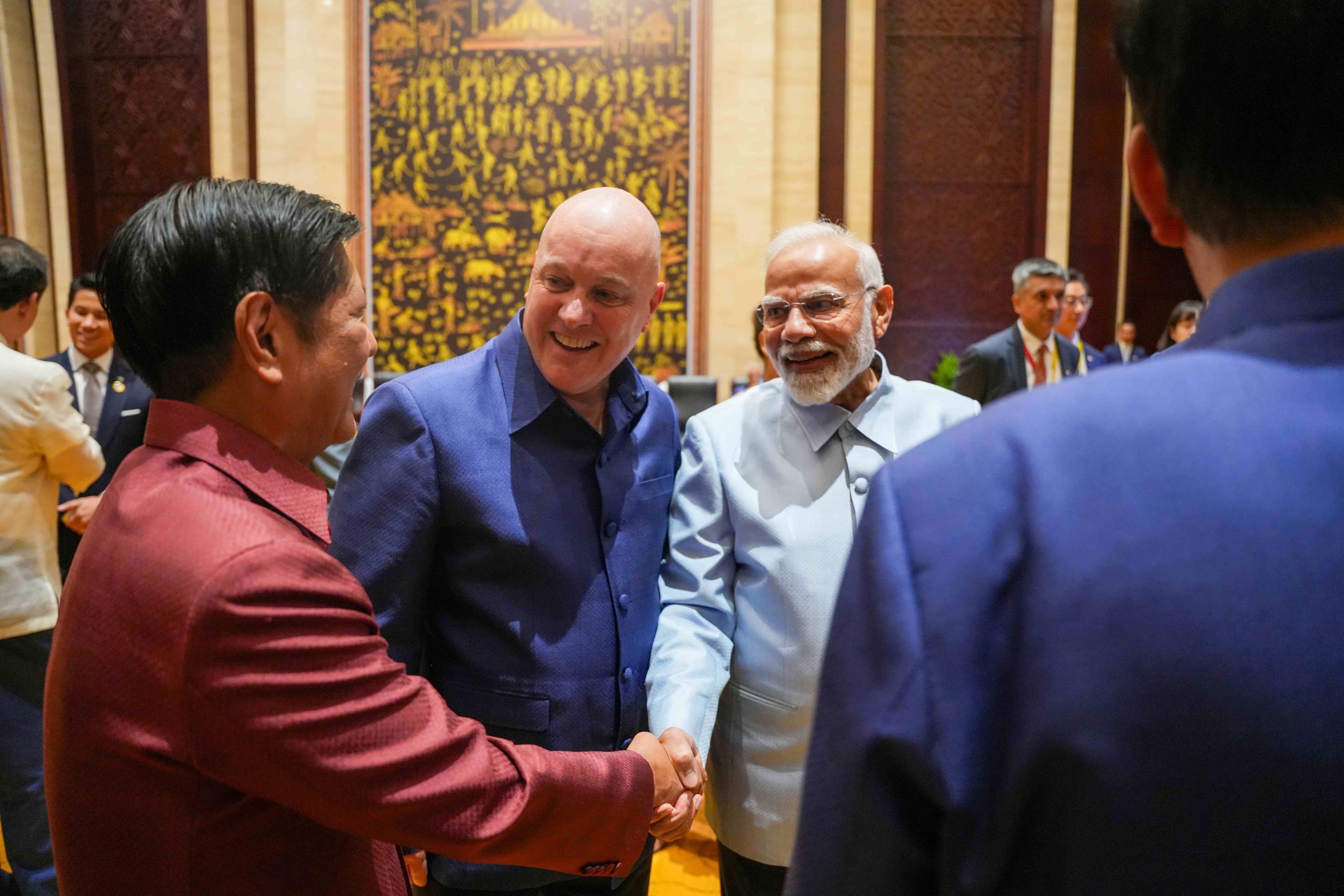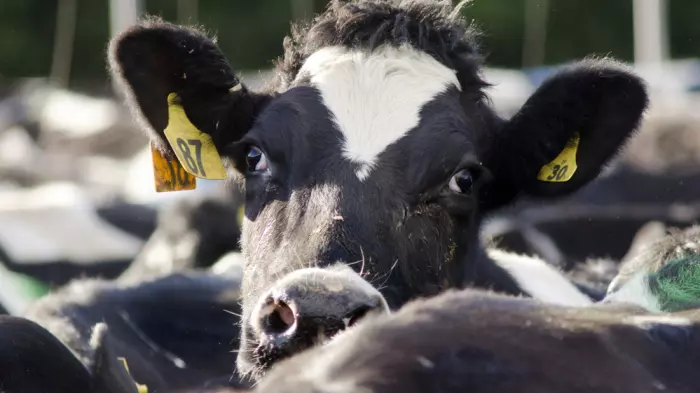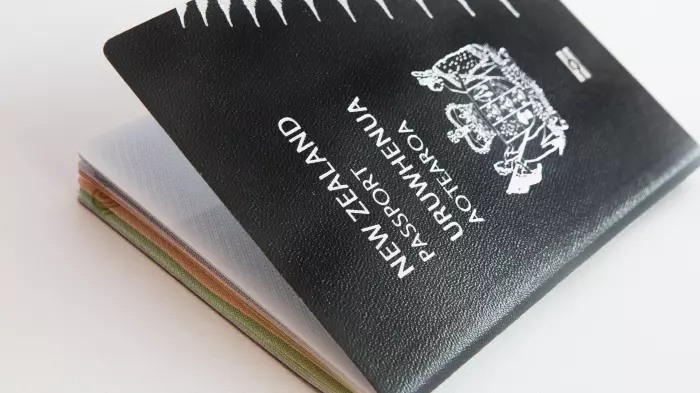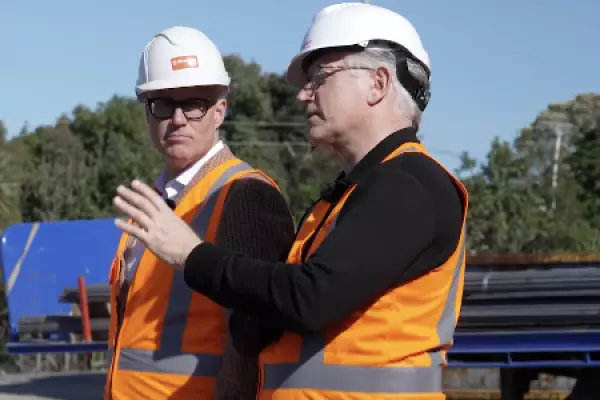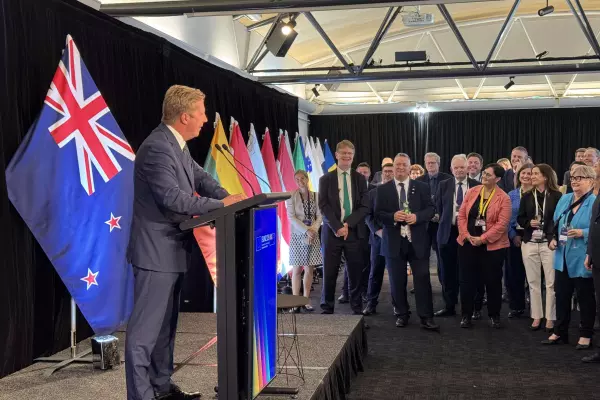Warning served on Todd Corp in WA board spill drama
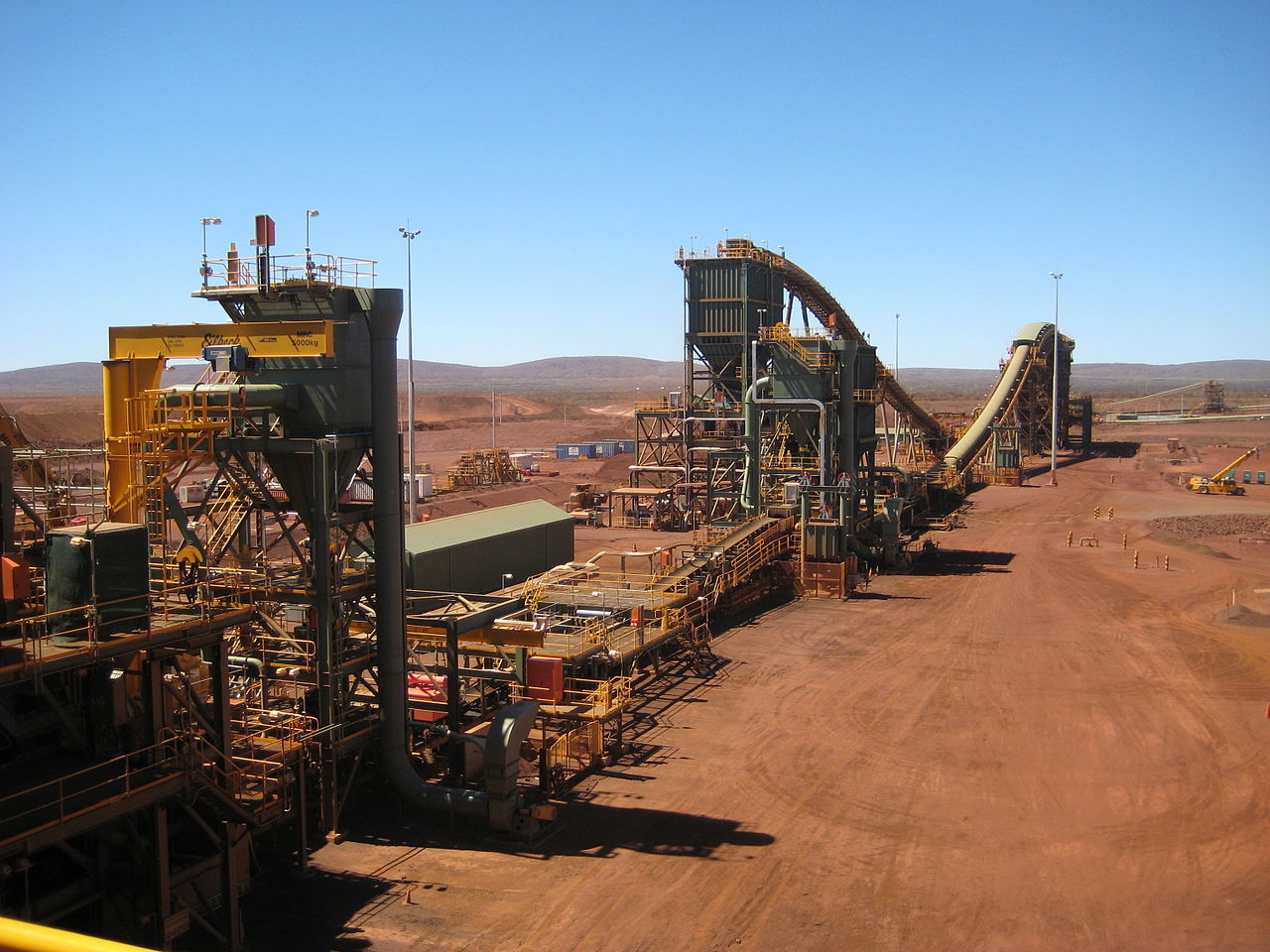
Minority shareholders of West Australian iron ore play, Flinders Mines, served warning on the company representing New Zealand's wealthiest family when it narrowly saw off a rare 'board spill' resolution in Perth yesterday.
More than 35 percent of shareholders at the Flinders annual meeting voted against the reappointment of the company's two Todd Corp directors: ex-Sky City boss and head of Todd's property arm in New Zealand, Evan Davies, and Perth-based Todd Corp stalwart Michael Wolley, and against the company's remuneration report.
The outcome reflects deep minority shareholder dissatisfaction. Under ASX listing rules, if 25 percent of shareholders vote against the remuneration report two years in row, a 'contingent' resolution is automatically triggered, requiring a special general meeting for a so-called board 'spill' within 90 days. The Todd pair - and the remuneration report - had both attracted similar opposition at last year's annual meeting.
However, the resounding antipathy to Todd, which controls Flinders with a 56 percent shareholding, was not enough to win the spill motion, with some 64.5 percent voting against a forced re-election of the two directors at an SGM.
Instead, minority shareholders are anticipating an extraordinary general meeting early next year at which the Flinders board will make a third attempt to win minority shareholders' support for a plan to get the long-planned multi-billion dollar Pilbara Iron Ore Project underway.
The spill drama was the latest chapter in a long-running stoush between Todd and minority shareholders of Flinders, which owns extensive iron ore tenements in the Pilbara desert region of northern Western Australia. Ore at the site, which would be shipped to China, may be worth more than $100 billion over the multi-decade life of an open cast mining operation, but requires around $6 billion of investment to build a new port and a 160-kilometre railway into the desert.
The project is one of two mega-projects being pursued by Todd, whose family assets are estimated in the NBR Rich List to be worth around $4 billion. With the depletion of its hugely valuable and long-serving oil and gas assets in Taranaki in sight, Todd is seeking new inter-generational wealth creation, led by the Pilbara Iron Ore Project - or PIOP - and a multi-billion dollar methanol project near New Orleans, which appears to have stalled.
Todd holds the keys to the Pilbara project, as 90 percent owner of the Balla Balla Infrastructure Group, which has spent years securing WA government approvals, planning financing and construction, and securing contracts for the production from mines on the Flinders tenements.
Key in the mix of Flinders minorities is Chinese-owned OCJ Investment, with a 22 percent shareholding, and about which little is known. OCJ clearly voted its shares with the minority shareholders both this and last year and in favour of a board spill.
Observers see the finely balanced outcome as a warning to Todd ahead of an EGM at which minorities are likely to face another offer to try and push the project forward, with or without grumpy minorities.
Publicity-shy Todd has tried and failed twice since 2016 to gain full control of Flinders, first in a low-ball takeover offer and then this year in an abandoned attempt at de-listing from the ASX which fell foul of the Australian Takeovers Panel.
While about 9 percent of the Flinders register voted with Todd yesterday, the company sports a large, angry rump of minorities who are convinced Todd is trying to diddle them out of a fortune and have become unwilling to part with their shares. The Australian stock-tip website HotCopper runs hot with minority shareholder theories about Todd's next move.
Flinders' non-executive chairman Neil Warburton told shareholders to expect a round of briefings in the next month ahead of an EGM on a "potential transformational transaction" that requires shareholder approval, but which Todd cannot vote on "because BBIG is a related party."
"This puts the decision on the development of the PIOP firmly in the hands of the minority shareholders," he said.
Negotiations on the project's terms were "nearing completion and we think the proposed deal will present an excellent outcome to shareholders and the best opportunity to see the PIOP finally developed and delivering value for all," said Warburton.
Typical of shareholder suspicion was a post on HotCopper last night, where anonymous poster 'Grolph' suggested the company was putting the onus for a decision on minority shareholders to "blame us for a decision they have to make down the track."
Comments






